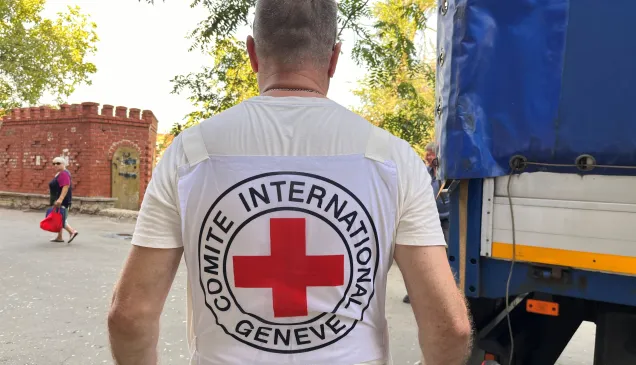International humanitarian law (IHL) is the set of rules designed to protect persons who are not, or no longer, participating in hostilities and to limit the methods and means of waging war. It also sets out mechanisms designed to ensure compliance with the rules of this branch of law. Of these, the prevention and repression of serious violations are particularly important. Under IHL, individuals, including commanders and other superiors, bear individual responsibility for the violations they commit, and those that they order. Those guilty of serious violations must be prosecuted and punished. Besides the customary rule which requires each party to the conflict to respect and ensure respect for IHL, there are specific obligations regarding penal repression of serious violations in the four Geneva Conventions of 1949 (GC I–IV), their Additional Protocol I of 1977 (AP I) and other treaties.The nature and extent of these obligations differ from one treaty to another, especially regarding the jurisdiction to try offenders.
The term "repression" generally refers to the adoption of legislation and administrative and judicial measures necessary to prevent and punish violations of the law.
Only treaties which have entered into force are included in this factsheet.
.
Download
PDF file
166.62 KB



